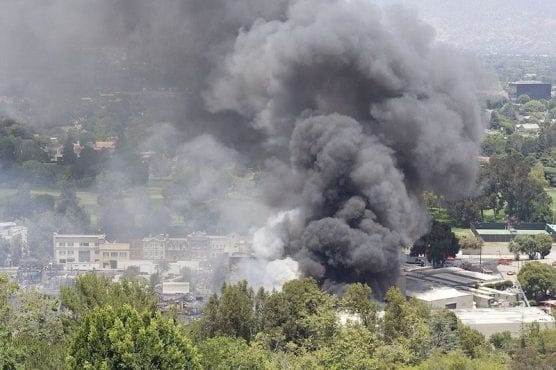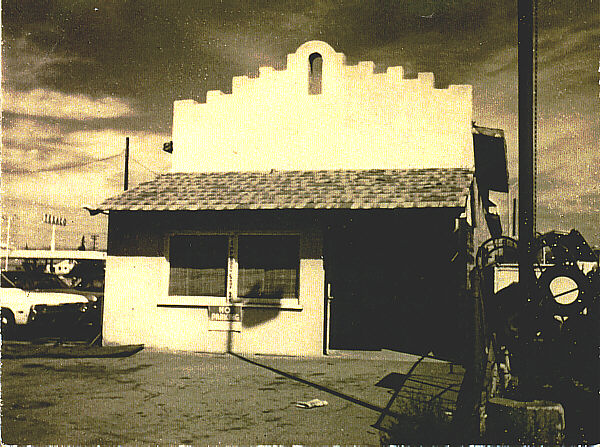LOS ANGELES – An attorney for Universal Music Group told a federal judge Monday that artists seeking a cut of an insurance settlement from a 2008 fire that destroyed their master recordings have no stake in the matter since recordings belong solely to the label.
After the blaze at Universal Studios Hollywood destroyed 100,000 recordings, videos and other media, Soundgarden and other artists filed a federal class action against the label claiming it failed to properly store and protect the tapes.
Universal negligently stored the master recordings in a substandard warehouse that “was a known firetrap” and failed to tell the artists of the loss, according to the complaint filed this past June in the Central District of California.
The label moved to dismiss the lawsuit in September, calling the complaint “lawyer-driven” and saying the label has no obligation to give part of its settlements with the warehouse owner and UMG’s insurer to the artists.
Scott Edelman of Gibson Dunn, an attorney for UMG, told U.S District Judge John A. Kronstadt in a hearing Monday that UMG is the undisputed owner of the recordings and that artists’ contracts over them mention payment through royalties only, not insurance claims.
“Artists have specified rights to royalties,” Edelman said. “Everything else doesn’t belong to them. Artists don’t have an interest in the masters. Period. Full stop.”
Edelman said the fire had no impact on artists’ ability to collect royalties or release new remastered albums, as Soundgarden did in 2015.
Kronstadt asked both parties whether artists have the option to or are in the practice of insuring master recordings.
Howard King of King, Holmes, Paterno & Soriano, an attorney for plaintiffs, told Kronstadt the practice is virtually nonexistent since artists “trust” labels to properly care for the master recordings.
Mark Hatch-Miller of Susman Godfrey, another attorney for the artists, told Kronstadt the case is about “negligent storing” by UMG, not insurance recovery, since the label was aware of substandard conditions at the warehouse.
Artists have a right to demand a portion of UMG’s 2013 insurance settlement because the “flat fee” triggers royalty provisions in the recording contract, Hatch-Miller said, adding digitized backups of masters would have no effect on plaintiffs’ demand.
Hatch-Miller said in court papers that UMG hid the loss from the music artists in order to conceal nearly $150 million it gained from insurance.
Kronstadt said artists must first clear the hurdle of establishing jurisdiction by showing at least two-thirds of the artist plaintiffs live in California, that the injuries occurred there and that UMG does most of its business in the Golden State.
Plaintiffs’ counsel are working to meet the requirement – and also seeking a list of artists whose recordings were lost in the fire and are therefore potential class members – but the task is made more difficult by UMG’s hampering of preliminary discovery requests, Hatch-Miller told Kronstadt.
Kronstadt ordered both parties to produce agreements on discovery so that jurisdiction can be established or so the case can be sent to another court.
The motion to dismiss is under submission and Kronstadt did not indicate how or when we would rule.
The artists’ lawsuit was filed following an article published in New York Times Magazine that said the fire destroyed recordings by Chuck Berry, Buddy Holly, Nirvana and Louis Armstrong.
The estates of rap artist Tupac Shakur and rock artist Tom Petty are also named plaintiffs in the lawsuit.
Like this:
Like Loading...
Related





 Tweet This
Tweet This Facebook
Facebook Digg This
Digg This Bookmark
Bookmark Stumble
Stumble RSS
RSS

































REAL NAMES ONLY: All posters must use their real individual or business name. This applies equally to Twitter account holders who use a nickname.
0 Comments
You can be the first one to leave a comment.